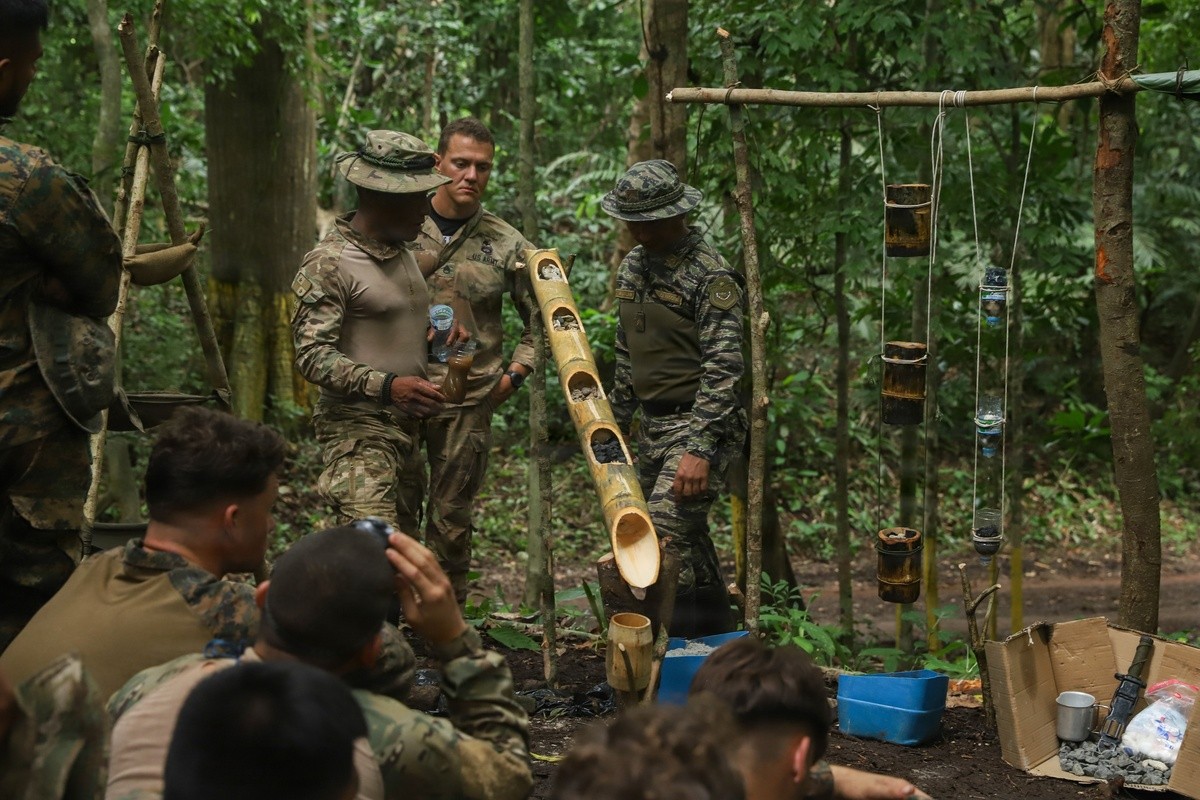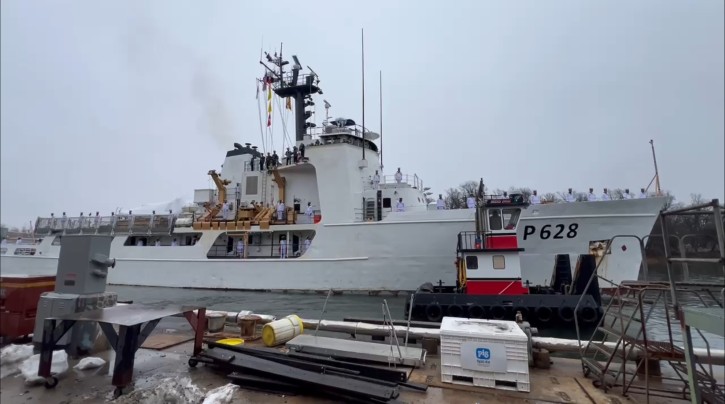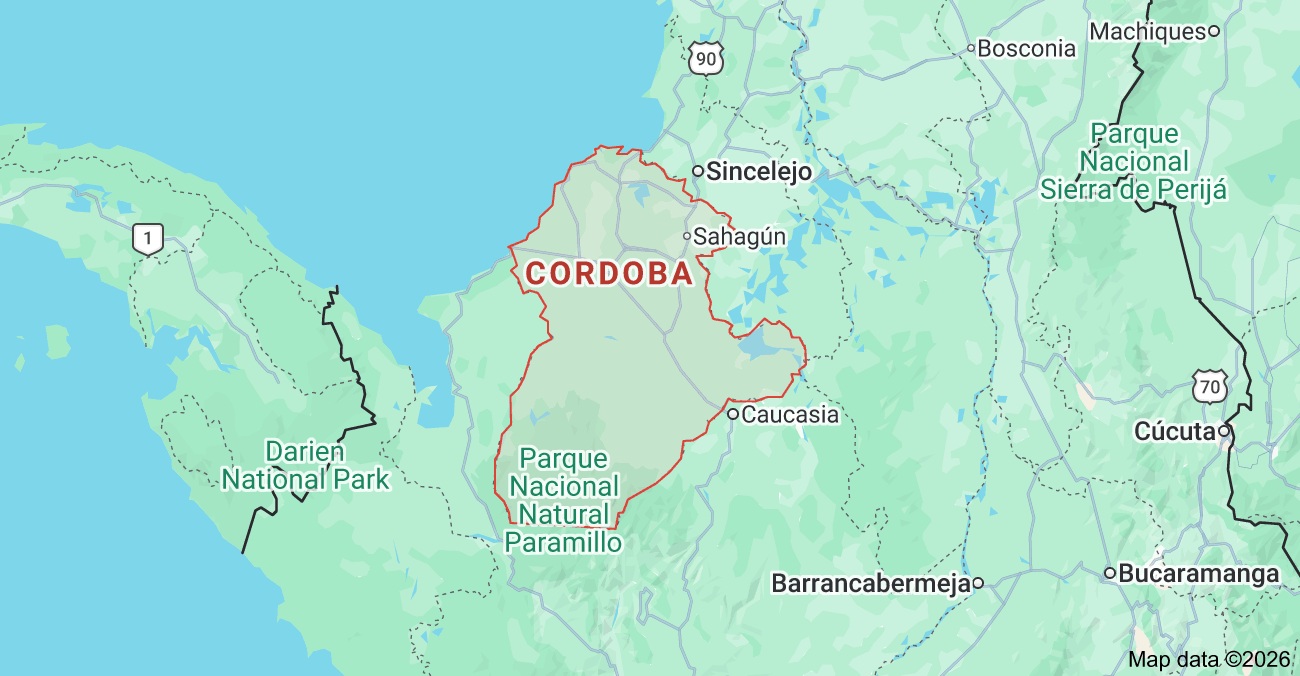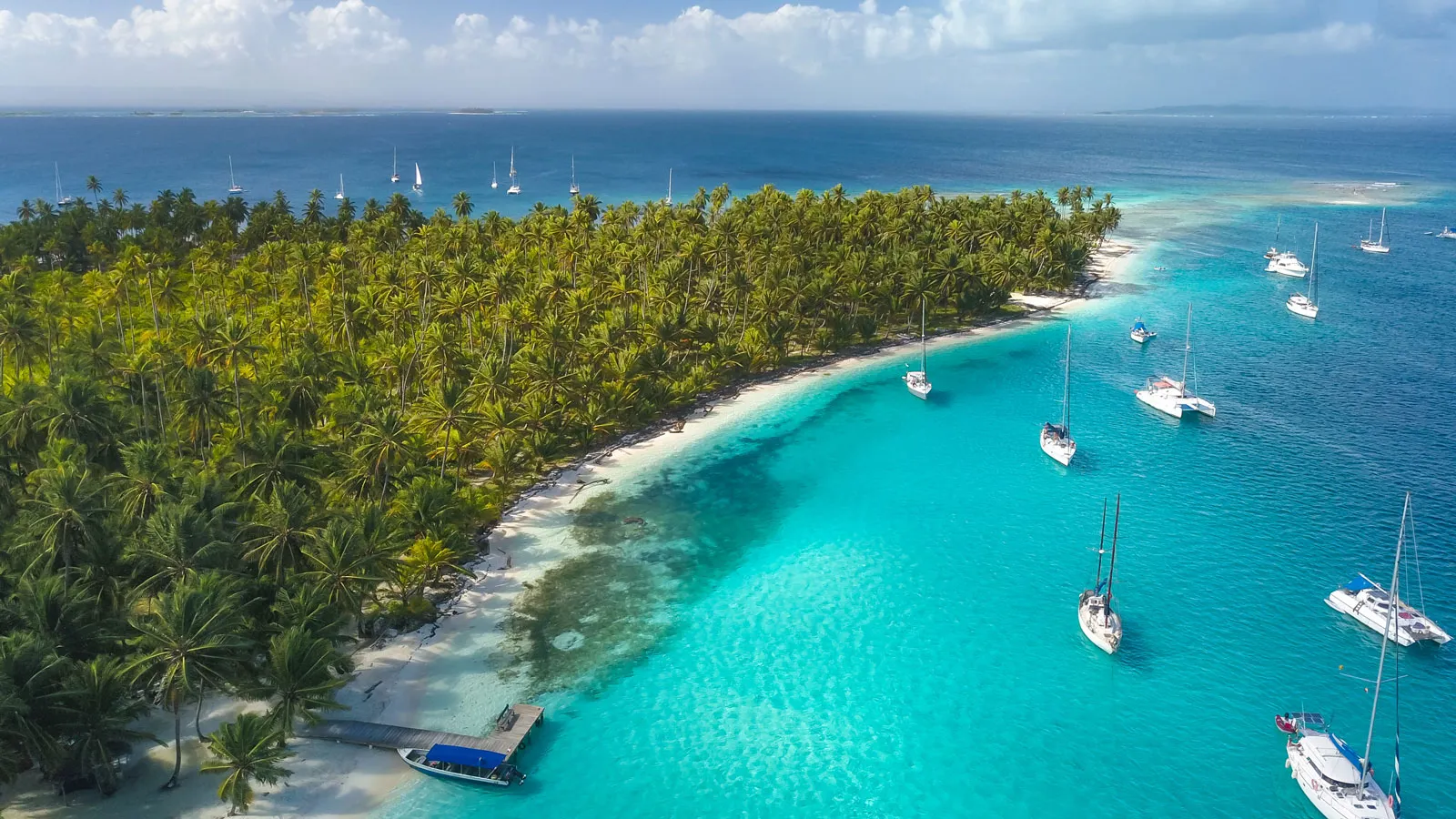With its Sights Set on Venezuela the United States Continues its Advance in the Caribbean
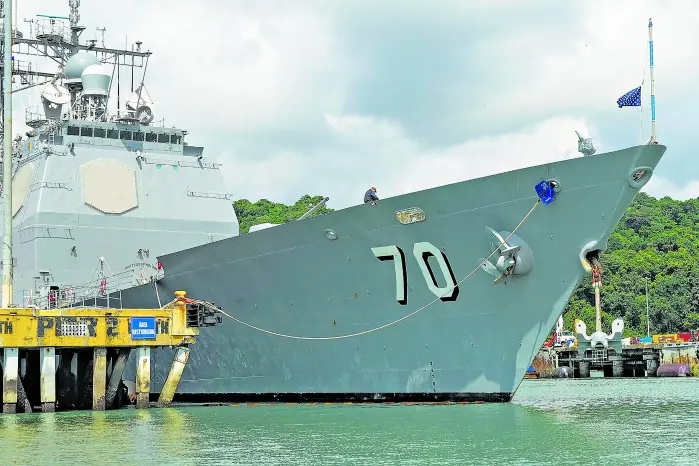
In the midst of the deployment, the passage of the US destroyer USS Lake Erie pictured above, through the Panama Canal became known. This Friday, the United States continued its military deployment in the Caribbean Sea amid tensions with the Venezuelan government. In this context, the guided-missile destroyer USS Lake Erie, part of the US Navy, crossed the Panama Canal. This week, the US Fleet Forces released the first images of the movement of US troops into international waters in the Caribbean Sea, 200 nautical miles off the Venezuelan coast. On August 25, it was reported that the United States had ordered additional ships to the southern Caribbean, including the USS Lake Erie, a guided-missile cruiser, and the USS Newport News, a nuclear-powered fast-attack submarine.
Following the release of this news, the presence of the USS Lake Erie in the Canal was confirmed this week. Washington has accused the government of Venezuelan President Nicolás Maduro of alleged links to drug trafficking. The “war on drugs” is one of the Donald Trump administration’s main arguments to justify its forceful actions in the Caribbean, although the White House has so far avoided talking about direct intervention against Venezuela. Maduro said Thursday that there is “no way” the United States will invade the South American country and reiterated his call for the population to “enlist” in the armed forces; while opposition groups are urging citizens to boycott the protest.
Venezuelan Vice President Warns of ‘Calamities’ for the United States if it Attacks the Country
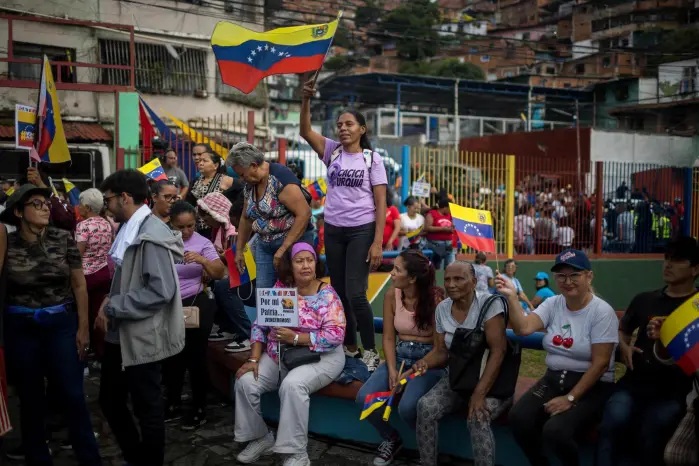
“Solve your problems and stay away from Venezuelan shores, stay away from Venezuelan territory,” Rodríguez said in Valencia. Venezuela’s Executive Vice President, Delcy Rodríguez, called on the United States on Saturday afternoon, August 30, to address its “terrible problems” and to stay away from Venezuelan shores. Rodríguez, along with regional and municipal authorities, led a march to Bolívar Square in Valencia to demand respect for Venezuela’s sovereignty. The official rejected threats from US President Donald Trump, who does not recognize Nicolás Maduro as president and labels him a narco-terrorist and leader of the Los Soles cartel.
According to the Trump administration, the cartel is responsible for shipping millions of tons of cocaine and fentanyl to the United States. To this end, it has established a fleet of eight warships, two submarines, a radar aircraft, and more than 8,000 soldiers in international waters in the Caribbean Sea near the Venezuelan coast. The ships carry guided missiles and aircraft capable of vertical takeoff. Three of the vessels are also amphibious. The Maduro regime accuses Trump of deploying “warships” in the Caribbean Sea as part of his “hostile actions.” “Solve your problems and stay away from Venezuelan shores, stay away from Venezuelan territory,” Rodríguez said in Valencia. According to news agencies, Rodríguez warned again this Saturday that Venezuela will be the United States’ “worst nightmare.” Therefore, he reiterated, “The worst calamities for the American people are yet to come if they dare to attack” Venezuela and its people.
Venezuela Demands that the U.S. Withdraw from its Shores and Address its “Terrible Problems.”
Venezuela’s executive vice president called on Venezuelans to enlist in the military in response to U.S. military movements. Venezuela’s Executive Vice President, Delcy Rodríguez, urged the United States this Saturday to withdraw from her country’s territory and coasts and address the “terrible problems” she said the North American nation is facing, a government whose Chavista government accuses of deploying “warships” in the Caribbean Sea as part of its “hostile actions.” “Solve your problems and stay away from the coasts of Venezuela, stay away from Venezuelan territory,” he said during the final day of the second phase of the militia recruitment that began on Friday, called by President Nicolás Maduro in response to “threats” from the US. The Venezuelan government, through its permanent mission to the UN, warned on Tuesday that the US plans to send “a missile cruiser” and “a fast-attack nuclear submarine” to the Venezuelan coast next week.
Maduro asked UN Secretary-General António Guterres to intervene to force the U.S. government to cease its “hostile actions.” Rodríguez warned again this Saturday that Venezuela will be the U.S.’s “worst nightmare” and that “the worst calamities for the American people are yet to come if they dare to attack” the South American nation. “They should be very clear: the U.S. is a country that, as a result of an imperialist system, a predator of nature, an expansionist system that views other countries as its colonies, suffers and endures terrible problems today—social, economic, and political problems. It’s a system in crisis,” the official said. Meanwhile, the Minister of Hydrocarbons also asserted that the Venezuelan people are preparing to “defend every inch” of their territory against what she claimed was Washington’s intention to “attack” the Caribbean country in order to “seize” its “immense energy resources.”
She also rejected U.S. accusations that Venezuela has allegedly become a narco-terrorist state, which the vice president described as “one of the worst farces and lies.” “They are tremendous frauds and immoral people, trying to accuse the noble people of (Simón) Bolívar, of (Hugo) Chávez, of being drug traffickers. Venezuela, as you know, is a people of peace, a people of hope, not only for our country, but also for the peoples of the world,” Rodríguez said from the northern state of Carabobo, where he asked that “no one be left out” in the military. This preparation process is part of the so-called “National Plan for Sovereignty and Peace,” activated after the U.S. proposed deploying ships near Venezuela as part of its anti-drug trafficking efforts. Washington, which recently doubled the reward for information leading to Maduro’s capture to $50 million, accuses the Chavista leader of “violating United States narcotics laws.” According to authorities, Venezuela is also deploying “larger” vessels in its territorial waters in the Caribbean to combat drug trafficking, as well as 15,000 troops in Zulia and Táchira, bordering Colombia, to ensure peace in the territory and combat criminal groups.

